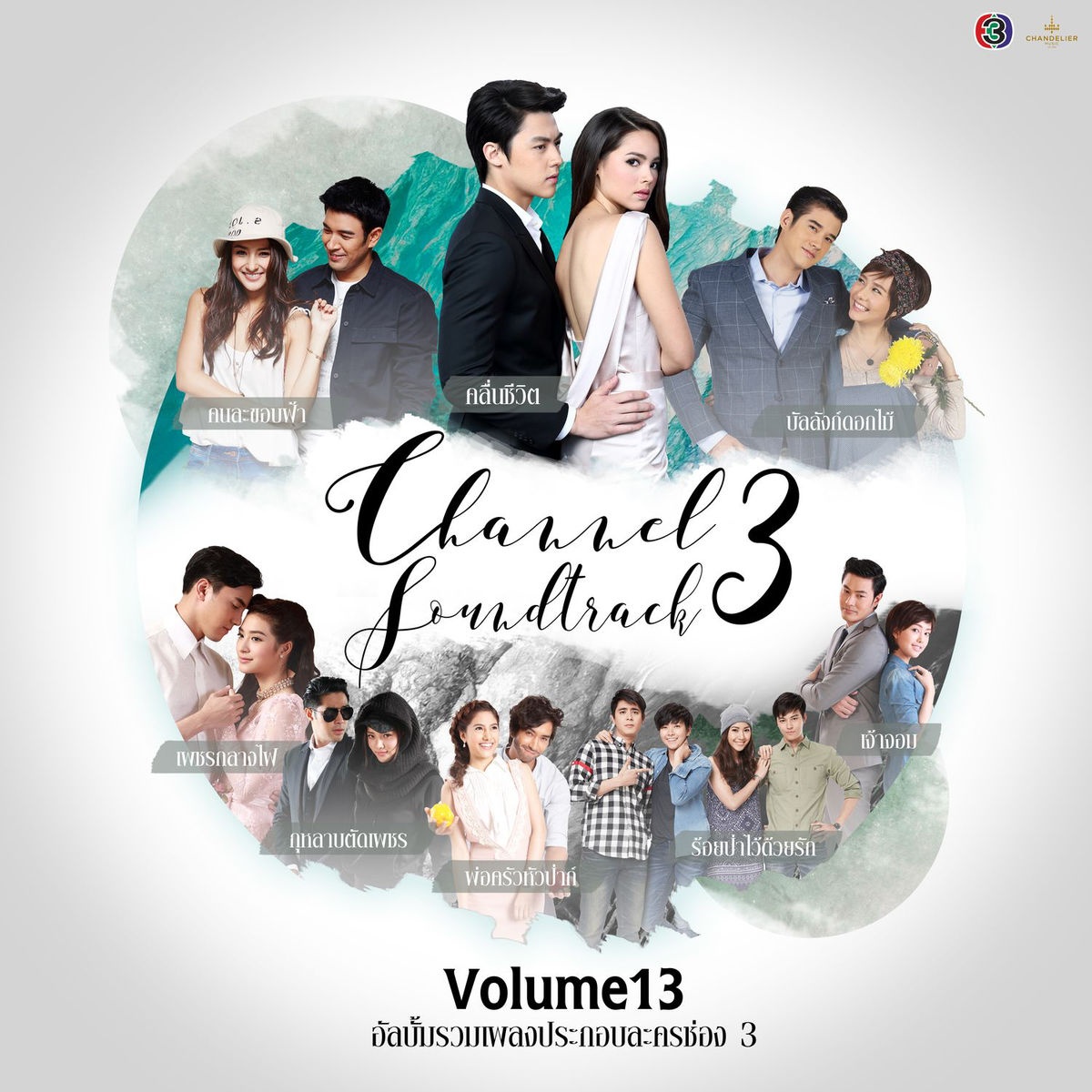
Bilingual Press Release on UN Human Rights Committee formal hearing on the implementation of ICCPR in Hong Kong (English below)
由:香港十個赴日內瓦列席人權會議的民間團體
事由:新聞稿
日期:2013年3月14日
照片轉載自何秀蘭facebook
出席聯合國人權事務委員會的港府官員表明,香港未落實普選前,不會撤回就國際人權公約中有關普選的豁免。委員會主席胡德禮(Sir Nigel Rodney)爵士指出,香港已落實選舉,但仍繼續豁免推行平等而普及選舉的公約要求,情況並不理想;而由於中國仍未批准落實國際人權公約,國際社會自然會緊張港人能否繼續享有高度自由。
《公民權利和政治權利國際公約》(《公約》)第25條訂明,簽署國須推行平等而普及的選舉,英國1976年為香港簽署《公約》時,香港仍未有選舉,故此申請豁免執行第25條的普選要求,在聯合國人權事務委員會第二天審議港府落實《公約》的情況時,數名委員再次促請港府撤銷遵守普選要求的豁免,或縮窄豁免的範圍,但法律政策專員潘英光表示,明白委員關注,但保留豁免,可以讓港府按基本法循序漸進地推行普選,若在未有普選前撤銷豁免,肯定有人在香港提出司法覆核,令港府在落實普選前面對不必要的訴訟。
委員會主席胡德禮爵士期望香港能在下次就《公約》提交報告時已進一步邁向普選,他同時期望中國政府在短期內批准推行《公約》,因為香港現時雖然享有高度的自由和人權,但毗鄰的中國大陸,人多勢強,對人權和法治的承擔又與香港不同,難免讓國際社會對港人能否繼續享有自由和法治感到忐忑不安。
委員會又關注香港的表達自由備受威脅,委員屈達華(Waterval)要求港府官員就近期多宗威脅言論和新聞自由的事件作出回應,包括行政長官梁振英向《信報》專欄作家練乙錚發出律師信、政府延遲發出三個免費電視牌照、香港電台助理處長施永遠擢升受阻帶出的編輯自主問題、有記者在去年向國家主席胡錦濤高聲提問即被警方扣留15分鐘,以及副總理李克強2011年訪港時,有警務人員以手阻擋攝影師鏡頭。
政制及內地事務局常任秘書長張琼瑤表示,梁振英以私人身分發出有關信函,作為行政部門,她不會作出回應。但她否認港府有延遲發出新的免費電視牌照,一俟政府作出決定,便會公布。另外,她又重申,港台享有編輯自主,政府不會過問。至於其他涉及警方的質疑,出席會議的總警司何德承回應時只是重彈舊調。
另外,有委員關注法輪功學員據稱在港遭受不平等待遇,委員劉文(Neuman)指出,2005年終審法院的裁決,可見警方對法輪功學員的和平示威施加更大限制;而2009年的終院裁決則可旁證法輪功學員難以入境香港;他並請官員回應法輪功人士難以租賃室內場所以舉辦活動、發布信息時遭受阻撓亦得不到警方足夠保障等問題。何德承否認有關指控,強調警方公平執法。
對港人示威要申請不反對通知書和民間團體在公眾場所舉行的人權或政治集會上涉及表演時須申請娛樂場所牌照,委員會主席胡德禮感到不解,他指出,即使有關集會不影響公眾秩序,但仍須按字面狹義要求,提出申請;而政治集會明顯屬於表達自由,並非以娛樂為目的,但卻要申請娛樂牌照;凡此種種,都令香港境內境外人士憂慮,香港的高度自由難以持續。
胡德禮在總結兩天會議時,提及委員們對人大常委釋法的憂慮,他說,基本法不是由香港法院解釋,而是由通過有關法律的人大進行,對三權分立和司法獨立均有深遠影響,他又質疑人大會否就基本法中確保落實《公約》的條款進行釋法。
法律政策專員潘英光向委員會保證,人大常委的釋法權力雖然不受限制,但總不會超越基本法第159條有關修訂基本法的條款和中英聯合聲明,而基本法和聯合聲明均已保障了港人的權利和自由。
委員又極度關注刑事罪行條例中的煽動和叛逆罪行,指其定義空泛,而基本法第23條的寫法亦太過含糊,促請港府接納委員會建議,作出修訂。潘英光回應說,會在日後檢討基本法第二十三條時一併研究煽動和叛逆,但港府現在無意檢討此條文。
委員會月底將就港府報告發表總結意見,指出港府的措施或做法是否符合《公約》,並作出建議。
To: All Media
From: 10 NGOs attending Human Rights Committee Hearing
Joint Press Release
Date: 14th March 2013
Chairperson of the United Nations Human Rights Committee (“the Committee”), Sir Nigel Rodley, warned that it was undesirable for the in Hong Kong Special Administrative Region (“HKSAR”) to maintain its reservation to Art 25(b) of the International Covenant on Civil and Political Rights (“ICCPR” / “the Covenant”) which requires equal and universal suffrage for all elections regardless of the validity of the reservation since the change of sovereignty.
Sir Nigel Rodley’s comment came in response to the HKSAR government’s refusal to withdraw the reservation. On the second day of the hearing before the Human Rights Committee on the HKSAR’s Third Report on the ICCPR, Frank Poon Ying-Kwong, Solicitor General of the Department of Justice responded that from the “perspective [of the HKSAR Government], the reservation allows us to bring forward constitutional development for universal suffrage in a gradual and orderly manner that is consistent with the Basic Law. It is premature to withdraw the reservation before this goal is achieved. If this is done, there could be and certainly would be domestic challenges brought before the HKSAR courts to challenge the existing system.” He added, “We cannot be diverted and distracted from the challenge to implement democracy by unnecessary lawsuits.”
Rodley hinted at the Committee’s desire to see the Peoples Republic of China ratify the ICCPR given that it has already been a signatory to the instrument for 15 years. He said that whilst Hong Kong enjoys high degree of freedoms, these “cannot be taken for granted and have to be defended. It is not unusual for small populations very close to large populations, especially where large populations may not have the same international commitments to international human rights and the rule of law for there to be nervousness internationally about what the future may hold.”
He also commented on the procedures for obtaining a notice of no objection from the police under the Public Order Ordinance and the permit requirements under the Public Entertainment Ordinance for public protests or demonstrations involving other means of expression. He stated that it is “no surprise that when public order measures are taken to apply literally language relating to securing the approval of public protests even when there is no real threat to public order or [when] invoking legislation on public entertainment [for events] not even for profit, …that can be troubling to people in Hong Kong and certainly outside. It does not mean that there is not high degree of freedom but it does mean that people cannot feel confident in maintaining that degree of freedom.”
Committee Member, Madame Waterval raised a range of issues relating to freedom of expression, including concerns over the use of video recording devices by police and the need to balance security interests with protesters right to privacy, the Chief Executive’s open letter to the Hong Kong Economic Journal demanding an apology for an article published about him, the lack of independence of Radio Television Hong Kong as well as the continued delay over the issuance of free-to-air television licenses.
Mr. Neuman expressed unease about reports of discrimination against the Falun Gong in their exercise of the freedoms of expression and assembly. According to him, the two decisions of the Court of Final Appeal in 2005 and 2009 provide evidence for allegations concerning discriminatory treatment by police and the immigration department against this group.
Rodley shared the Committee’s continued anxiety over the interpretive powers of the Standing Committee of the National Peoples Congress (“SCNPC”) given that not only was the interpretation binding on a community that was subject to the Covenant but also that it was issued not by a court but the very body that had enacted the Basic Law. He expressed that this had grave implications for the rule of law and the separation of powers. The Committee sought clarification on the extent and scope of the SCNPC’s power to interpret Chapter III of the Hong Kong Basic Law (“HKBL”) on fundamental rights and freedoms and also, Article 39 of the HKBL, which entrenches the ICCPR itself.
Poon reassured the Committee that although the SCNPC‘s power of interpretation is unqualified, it is subject to the important limitation that it cannot be wider than what would fall within the remit of Art 159 of the HKBL which deals with amendments of the HKBL. He emphasized that the SCNPC ‘s power of interpretation cannot go beyond the principles set out in HKBL and the Sino-British Joint Declaration of 1984 which included the protection of the fundamental rights and freedoms of the Hong Kong people as one of the basic policies of China towards HK.
The Committee expressed grave concern over the vagueness of the terms used to capture the crimes of sedition and treason. It expressed that this was worrying in light of the sensitive nature of this issue in Hong Kong especially since HKSAR has an obligation to introduce related legislation under Art 23. This is particularly so given the potential for the prejudicial application of these provisions under the guise of “national security” and “state secrets.” The HKSAR government was unyielding however, and simply put the matter to rest by stating that they will cross that bridge when they get to it in due course.
註:
[1] 重溫聯合國人權事務委員會正式審議香港實施公約會議情況,可按此
[2] 聯合國人權事務委員會會議議程、委員會關注議題清單、香港政府報告、民間團體意見書以至日後委員會審議結論,均可此網頁瀏覽。
[3]最新資訊,亦可瀏覽香港人權監察facebook專頁

![[LoliHouse] Princess-Session Orchestra - 15 [WebRip 1080p HEVC-10bit...](http://s2.loli.net/2025/04/09/QO618K72ytGZmDJ.webp)
















